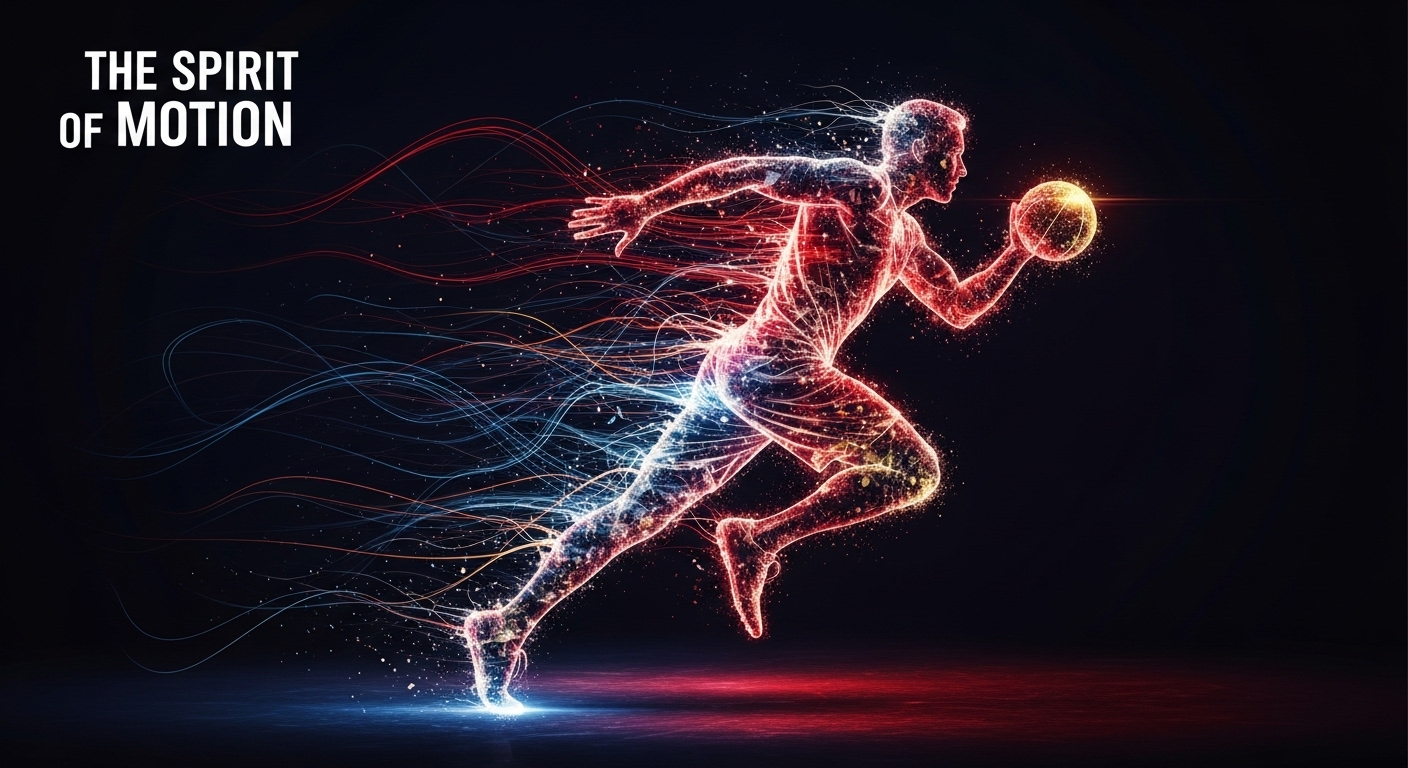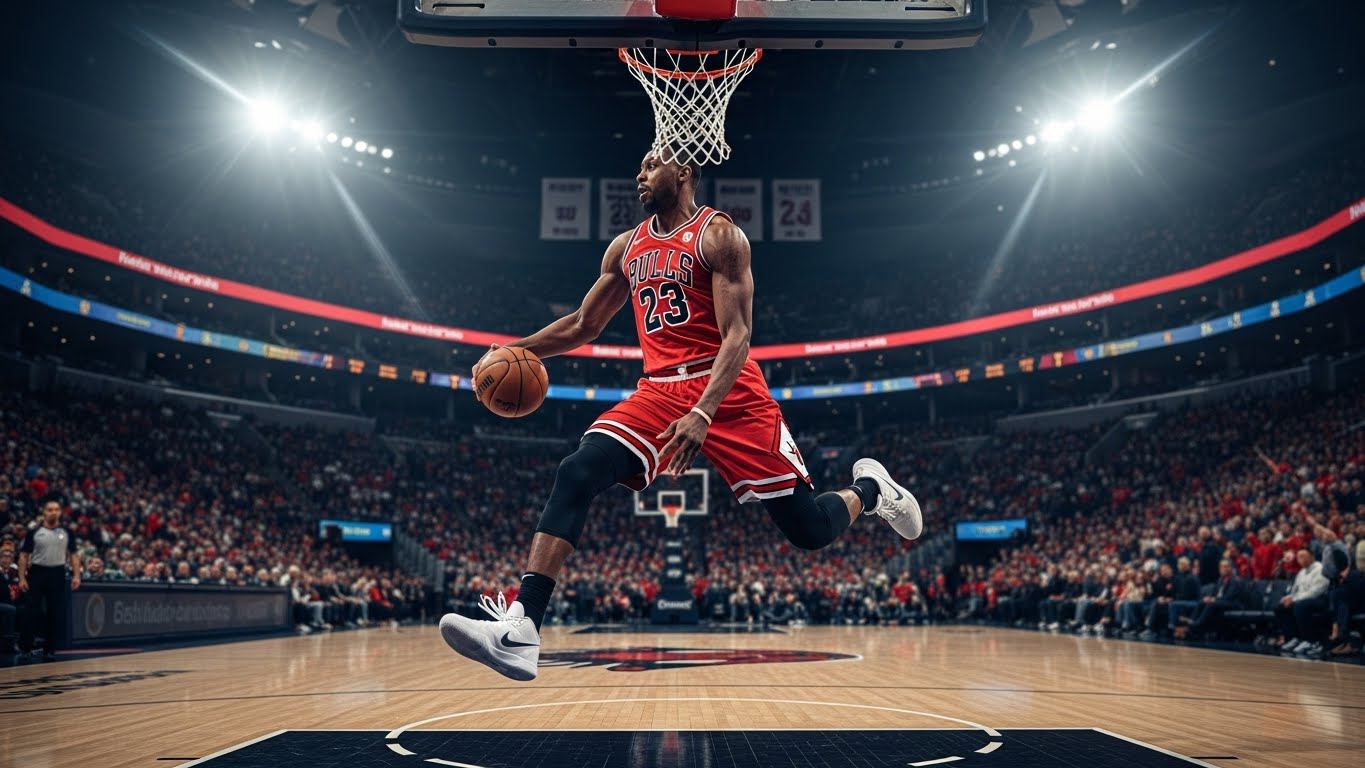Sports have always been more than just games. They are a celebration of human potential, a display of strength, strategy, emotion, and community. From the roar of stadium crowds to the silent determination of athletes training before dawn, sports connect people in ways few other things can. Across generations, nations, and cultures, the language of sports speaks of teamwork, resilience, and the relentless pursuit of greatness.
This blog explores the multifaceted world of sports — its history, evolution, social impact, and the values that make it such an essential part of our global identity.
The Origins and Evolution of Sports
The story of sports is as old as civilization itself. Ancient societies used games and physical contests to celebrate gods, train warriors, and test human endurance. The earliest recorded sporting activities can be traced back over 3,000 years to ancient Egypt, Greece, and China.
Ancient Beginnings
In ancient Egypt, wrestling, swimming, and archery were common. Hieroglyphs depict scenes of athletes competing in running and ball games. These were not just pastimes; they were cultural expressions of honor, strength, and ritual. Similarly, in ancient China, the sport of cuju — an early form of soccer — was played as early as the Han dynasty.
The Greeks, however, left the most lasting impact on sports history. The Olympic Games, first held in Olympia in 776 BC, were a festival of athletic prowess and religious devotion. Athletes competed in running, boxing, wrestling, chariot racing, and the pentathlon. The games celebrated the human body and spirit — ideals that still define sports today.
Medieval and Renaissance Sports
As centuries passed, sports evolved alongside societies. During medieval times, sports like jousting, archery, and fencing reflected the warrior culture of Europe. In contrast, traditional games like cricket in England and polo in Persia became symbols of leisure and social prestige.
The Renaissance brought renewed interest in physical education and competitive games. Sports became organized, rules were standardized, and spectators began to play a greater role. This set the foundation for modern sports as we know them.
The Birth of Modern Sports
The nineteenth century marked a turning point in sporting history. Industrialization, urbanization, and the rise of education systems created new opportunities for organized play. Schools and universities in Britain were instrumental in shaping modern sports such as soccer, rugby, and cricket.
The codification of rules and establishment of sports clubs led to international competitions, fostering national pride and unity. Sports transcended local boundaries, and soon, events like the modern Olympic Games (revived in 1896) and World Cups brought nations together in peaceful competition.
The Spirit of Competition
At its core, sports are driven by competition — the desire to test oneself against others, to measure skill, strength, and willpower. But competition in sports is not merely about victory; it’s about growth.
The Psychology of Winning and Losing
Every athlete understands that winning feels euphoric, but losing is often more instructive. Defeat pushes competitors to analyze their weaknesses, refine their strategies, and come back stronger. This cycle of triumph and failure teaches resilience — one of the most valuable lessons sports can offer.
The emotional rollercoaster of sports also mirrors life. There are moments of triumph that lift the human spirit and moments of despair that test it. Yet through it all, athletes learn perseverance, discipline, and humility.
The Role of Teamwork and Leadership
While some sports are individual, many rely on the power of teams. Team sports like soccer, basketball, hockey, and volleyball exemplify collaboration, trust, and communication.
Building Bonds Beyond the Game
Teamwork in sports often extends beyond the field. Players form bonds that become lifelong friendships, united by shared struggles and victories. Leaders emerge not through authority but through example — guiding, motivating, and inspiring others.
Leadership in sports is not confined to captains or coaches. Every player, in their own way, contributes to a team’s culture and morale. Sports teach individuals to value diversity, respect differences, and understand that collective effort often achieves what individual brilliance cannot.
Sports as a Global Phenomenon
Today, sports are a global industry worth billions of dollars, captivating billions of fans. Whether it’s the FIFA World Cup, the Olympics, or the NBA Finals, sports events unite audiences across continents, languages, and cultures.
The Power of Global Competitions
Major international tournaments are not just athletic contests; they are cultural showcases. They reflect national identities, political dynamics, and even global trends. When nations compete, the world watches — and for a brief moment, rivalries are expressed through sport rather than conflict.
The Olympic Games stand as a powerful symbol of peace and unity. Athletes from every corner of the world march under their flags, embodying the ideal of harmony through competition. The Games remind humanity that despite differences, we share a common pursuit of excellence.
The Impact of Sports on Society
Sports have the power to shape societies, influence politics, and transform economies. They inspire young people, create jobs, and foster social inclusion.
Sports and Education
In many countries, sports are an integral part of education. School and college athletics teach students discipline, teamwork, and time management. Scholarships provide opportunities for talented athletes to pursue both education and sporting careers.
Participation in sports also promotes mental health. Studies consistently show that physical activity reduces stress, boosts mood, and enhances cognitive performance. The lessons learned on the field often translate into success off it — in classrooms, workplaces, and communities.
Sports as a Tool for Social Change
Throughout history, sports have been a stage for social movements and justice. Icons like Jackie Robinson, Muhammad Ali, Billie Jean King, and more recently, Megan Rapinoe and LeBron James, have used their platforms to challenge inequality and advocate for change.
When South Africa’s rugby team won the 1995 World Cup under Nelson Mandela’s leadership, it became a symbol of unity for a nation healing from apartheid. Sports have the unique ability to break barriers, shift mindsets, and inspire hope.
The Business and Economics of Sports
Sports are no longer just about competition; they are a major economic force. The global sports industry includes broadcasting rights, sponsorships, merchandise, and tourism. Cities compete to host major events, knowing they can generate billions in revenue and global exposure.
The Rise of Sports Media and Technology
Television and the internet have revolutionized the way people consume sports. Live broadcasts, streaming platforms, and social media have brought fans closer to the action than ever before. Instant replays, analytics, and data tracking have also transformed how sports are played and understood.
Technology continues to shape the industry. From wearable devices that monitor performance to virtual reality experiences that let fans feel like they’re in the stadium, innovation is redefining the sports landscape.
The Role of Women in Sports
For centuries, sports were dominated by men. Women faced barriers to participation, recognition, and equal pay. However, the past few decades have witnessed a powerful shift.
Breaking Barriers
Women athletes have shattered stereotypes and achieved greatness in every arena. From Serena Williams’ dominance in tennis to Simone Biles’ excellence in gymnastics, female athletes have redefined what’s possible.
Organizations and federations are now promoting gender equality, ensuring more opportunities for women in sports administration, coaching, and media. The growing popularity of women’s leagues — such as the WNBA and women’s football — shows the changing tide of representation.
Inspiring Future Generations
Every victory by a female athlete inspires young girls worldwide to dream bigger. Representation matters, and seeing women compete at the highest levels fosters confidence, empowerment, and ambition in future generations.
The Dark Side of Sports
While sports bring out the best in humanity, they also expose its flaws. Issues like corruption, doping, and commercialization have tarnished the integrity of competition.
Doping and Fair Play
The pursuit of victory at any cost has led some athletes to use performance-enhancing drugs. Doping scandals have rocked sports from cycling to track and field, raising ethical and health concerns. Maintaining fair play remains one of the biggest challenges for sporting authorities.
Corruption and Commercial Pressure
When money and politics intertwine with sports, corruption often follows. Scandals involving match-fixing, bribery, and exploitation remind us that integrity must remain at the heart of competition.
Athletes also face immense pressure — from sponsors, fans, and media. The mental health toll of fame and constant scrutiny has led to more open discussions about athlete well-being. Sports organizations are now focusing on mental resilience and support systems as much as physical training.
Sports and Technology: A New Era
Technology has become an inseparable part of modern sports. From smart equipment to video analytics, innovations are changing how athletes train, compete, and recover.
Data and Performance Analytics
Teams and athletes use advanced data analytics to gain competitive edges. Every movement, pass, or shot can be tracked, analyzed, and improved. This precision allows coaches to design more effective strategies and minimize injuries.
Virtual Training and eSports
Virtual reality and simulation technologies have revolutionized training environments. Athletes can practice under realistic conditions without physical risk. Meanwhile, eSports — competitive video gaming — has emerged as a legitimate sporting industry, attracting millions of viewers and professional players.
The definition of sports itself is expanding, merging physical and digital realms. eSports tournaments fill arenas, proving that the passion for competition extends far beyond traditional playing fields.
The Role of Fans and Culture
Sports would lose much of their meaning without fans. Their energy, loyalty, and emotion fuel every game and every athlete’s drive.
The Psychology of Fandom
Supporting a team becomes part of personal identity. Fans experience joy, frustration, and community through shared support. Stadiums become sanctuaries of emotion, where strangers unite for a common cause.
Rituals and Traditions
Every sport and nation has its own traditions — anthems, chants, and rituals that connect generations. From the haka in New Zealand rugby to the tifo displays in European football, fan culture enriches the sporting experience.
Sports and the Future
The future of sports is dynamic, diverse, and increasingly digital. As new generations bring fresh perspectives, sports continue to evolve in exciting directions.
Sustainability in Sports
Environmental awareness has become a key concern. Major sporting events are adopting green initiatives — from renewable energy stadiums to waste reduction programs. Sustainable practices ensure that the joy of sports doesn’t come at the expense of the planet.
Inclusion and Accessibility
Inclusive sports programs are opening opportunities for differently-abled athletes. The Paralympic Games have redefined perceptions of ability, courage, and excellence. Adaptive sports technology continues to empower individuals to participate and compete at elite levels.
The Future Athlete
Tomorrow’s athletes will be hybrids of tradition and technology — combining natural talent with data-driven insight. With advancements in nutrition, recovery science, and biomechanics, human performance will continue to reach new heights.
The Emotional Power of Sports
More than anything, sports evoke emotion — pride, heartbreak, excitement, and unity. A last-minute goal, a record-breaking sprint, or an underdog victory can move millions to tears.
The Underdog Spirit
Every sports fan loves an underdog story. It represents hope — that determination can triumph over odds. The success of lesser-known teams or athletes reminds us that greatness can emerge from anywhere.
Moments That Define Generations
Certain moments in sports become cultural milestones — Jesse Owens’ Olympic triumph in 1936, Diego Maradona’s dazzling solo goal in 1986, Usain Bolt’s lightning sprint, or Michael Phelps’ historic medals. These moments inspire not just athletes but entire societies.
Conclusion: Sports as a Mirror of Humanity
Sports are more than physical contests; they are a reflection of who we are as people. They reveal our passions, our struggles, our desire for excellence, and our capacity for unity. They show that, despite competition, humanity can come together in celebration of skill, courage, and perseverance.
In every cheering crowd, every young athlete training with hope, and every handshake between rivals, sports remind us that effort, respect, and fair play are universal values. As long as humans strive to push their limits, sports will remain a timeless expression of the human spirit.



